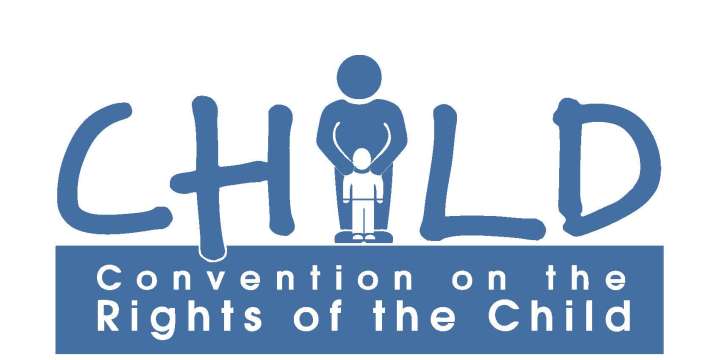CONVENTION ON THE RIGHTS OF THE CHILD

The United Nations Convention on the Rights of the Child (commonly abbreviated as the CRC or UNCRC) is a human rights treaty that sets out the civil, political, economic, social, health and cultural rights of children*.
The UN General Assembly adopted the Convention on 20th November 1989 (the 30 anniversary of its Declaration of the Rights of the Child, already adopted by the United Nations in 1959.).
It came into force on 2nd September 1990, after it was ratified by the required number of nations.
Currently, 194 countries are party to it, including every member of the United Nations except Somalia and the United States.
* The Convention defines a child as any human being under the age of eighteen
unless the age of majority is attained earlier under a state's own domestic legislation
Article 18
1. States Parties shall use their best efforts to ensure recognition of the principle that both parents have common responsibilities for the upbringing and development of the child. Parents or, as the case may be, legal guardians, have the primary responsibility for the upbringing and development of the child. The best interests of the child will be their basic concern.
2. For the purpose of guaranteeing and promoting the rights set forth in the present Convention, States Parties shall render appropriate assistance to parents and legal guardians in the performance of their child-rearing responsibilities and shall ensure the development of institutions, facilities and services for the care of children.
3. States Parties shall take all appropriate measures to ensure that children of working parents have the right to benefit from child-care services and facilities for which they are eligible.
Article 19
1. States Parties shall take all appropriate legislative, administrative, social and educational measures to protect the child from all forms of physical or mental violence, injury or abuse, neglect or negligent treatment, maltreatment or exploitation, including sexual abuse, while in the care of parent(s), legal guardian(s) or any other person who has the care of the child.
2. Such protective measures should, as appropriate, include effective procedures for the establishment of social programmes to provide necessary support for the child and for those who have the care of the child, as well as for other forms of prevention and for identification, reporting, referral, investigation, treatment and follow-up of instances of child maltreatment described heretofore, and, as appropriate, for judicial involvement.
Article 20
1. A child temporarily or permanently deprived of his or her family environment, or in whose own best interests cannot be allowed to remain in that environment, shall be entitled to special protection and assistance provided by the State.
2. States Parties shall in accordance with their national laws ensure alternative care for such a child.
3. Such care could include, inter alia, foster placement, kafalah of Islamic law, adoption or if necessary placement in suitable institutions for the care of children. When considering solutions, due regard shall be paid to the desirability of continuity in a child's upbringing and to the child's ethnic, religious, cultural and linguistic background.